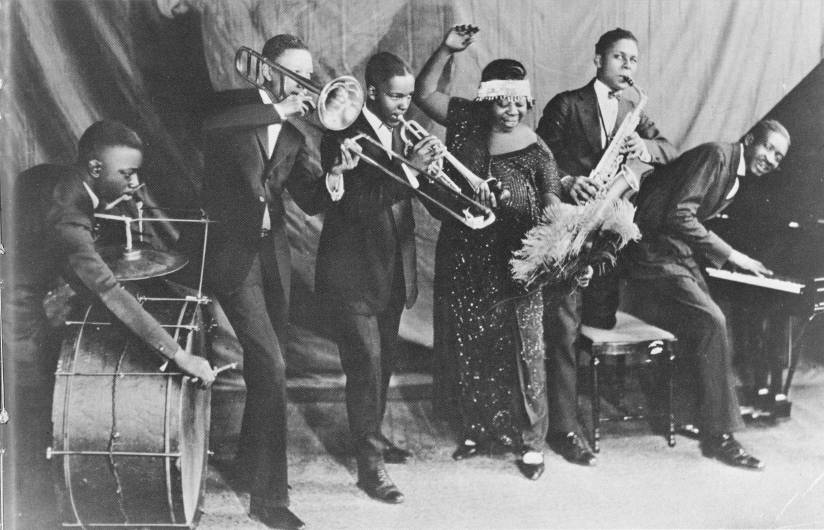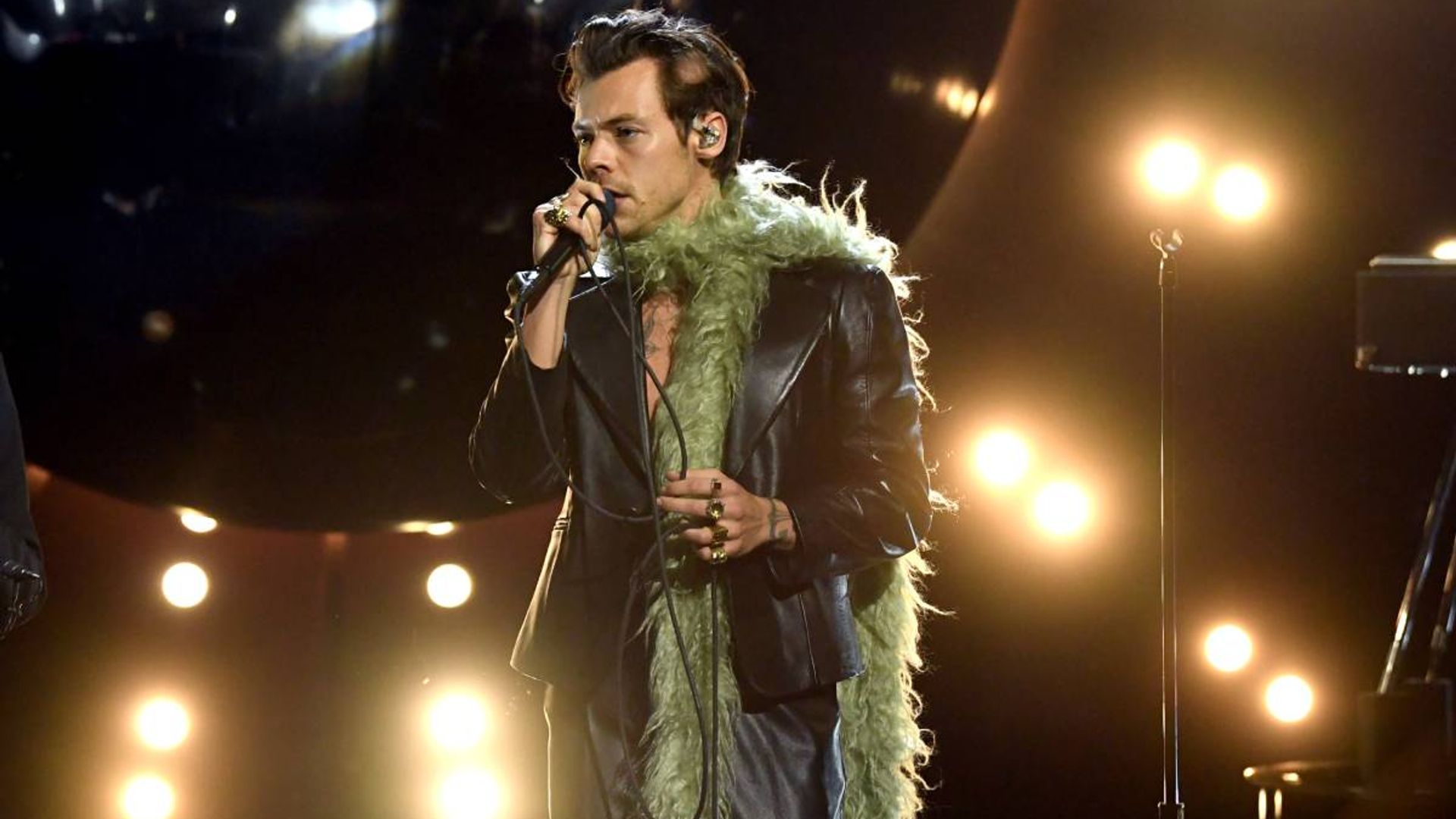Queer culture and Black roots’ revolutionary impact on pop music
Pop music, like most genres, has Black and queer cultural roots in the early 20th century. The genre of “popular music” implies an innately performative element. Often music of this genre plays on this artificiality as a kind of self-aware reclamation of what performance offers.
It’s maybe this explicit synthetic quality that opens up a particular space for gender and sexual fluidity in the genre. Artists from the 70’s and 80’s, Bowie, Freddie Mercury, Prince, are well known for this. The influence of queer culture and artists, however, continues into the pop music of the 21st Century.
Below we take a brief look at some of pop culture’s most influential agents.
Ma Rainey and the early Black roots in pop music

A blues singer in the early 20th century, Ma Rainey is an unlikely figure in this history.
But the singer was among the first to so publicly use music as a way to transgress sex and gender. Rainey’s signature low, gravelly voice described Black female experiences in a new way.
Using the combination of her lyricism and voice, the artist carved out a specific canonical space for herself.

Rainey, in her over-the-top tiara and campy gold jewelry, sang about women who were as messy and unapologetic as men.
One scholar on the queer history and Black roots of pop music describes Rainey as “setting the stage for pop music” in terms of the potential for androgyny or queerness.
The 70s and 80s of queer culture
The radical quality of Ma Rainey and her influences, however, won’t come into the mainstream until the 70s and 80s when pop music really took off.
Rock and roll that precedes this moment will also have queer roots in it’s explicitly anti-establishment sound. The artist

Esquerita, for example, was a gay Black artist whose sound had a lasting influence on the rock scene. Even Elvis, performed songs written by, and in the cadence of, Black, queer performers before him. “The King of Rock” himself had a kind of extravagance that went against the hyper-masculinity of the time.
With the sexual revolution of the late 60s behind it, electronic, house, and disco music opened up queerness in an unprecedented way. Rather than claim legacies as an emblem of homosexuality, figures like Grace Jones, or Elton John simply left the question unanswered.

Pop music allowed for a kind of androgynous ambiguity that went against compulsory heterosexuality and gender binaries of the time.
Disco was, simultaneously, coming from the underground and into popular culture. The very metropolitan, very underground ballroom “house” culture brought drag, gender performance, and expansive sexuality into the public eye. Pop music is heavily effected by this era of disco music, rhythmically and aesthetically.
SOPHIE and modern pop music
Today, pop music continues to control the charts. Modern-day trailblazers in the industry, the likes of Lady Gaga or Madonna, have pushed the envelope on sex and gender with their performances.

Electronic mastering systems, and the synthesized sound of pop, have further expanded possibilities for experimentation or fluidity.
One particular icon whose death had a tragic impact on the queer community this year, was multidimensional entertainer and artist Sophie Xeon. Known as SOPHIE within the industry, the grammy nominated artist transformed the pop landscape in their lifetime.
The rise of hyper pop figures like Charli XCX, the dynamic gloss of FKA Twigs, the intense brashness of Vince Staples. All of these artists were profoundly influenced by transgender, queer, and genius producer SOPHIE.
Pop music owes much to Black roots and queer culture
Pop music is uniquely fantastical and performative, while simultaneously bolstered by its self-awareness and sense of endless possibility.
The genre is campy and curated, which is precisely its authenticity. The championing of fluidity is the closest thing to a definite, stable sense of identity there is. As queer influencers of the genre have shown us, pop music is about alchemizing oneself and having fun in the process.

